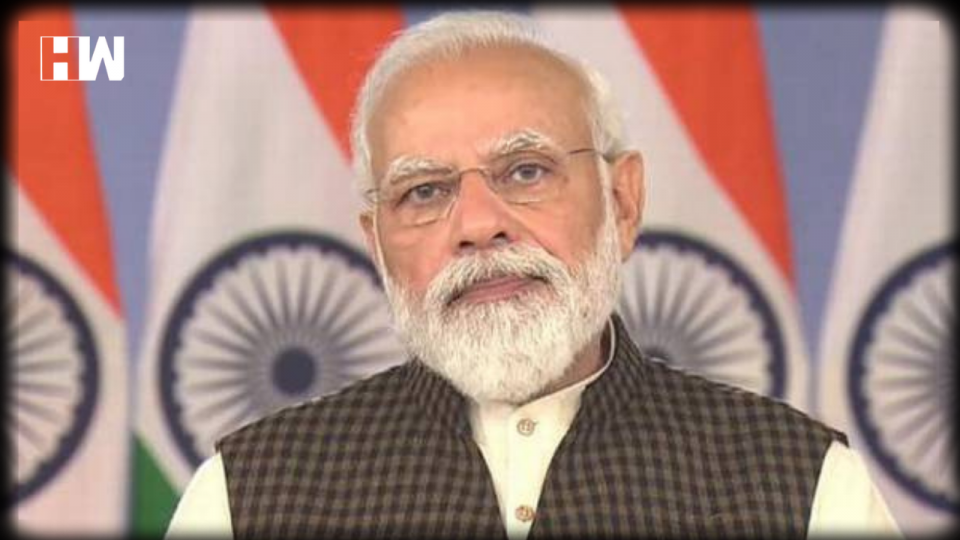Crypto Bill that would potentially regulate the trading of cryptocurrencies in India is scheduled to be presented in Parliament after Cabinet approval.
New Delhi: Prime Minister Narendra Modi said on Friday that emerging technologies such as cryptocurrencies should be used to empower democracy, not undermine it.
Policymakers in India say unregulated transactions in digital currencies could hurt macroeconomic and financial stability. After initially planning to ban cryptocurrencies, the Modi government is instead considering legislation to regulate their use.
“We must … jointly shape global norms for emerging technologies like social media and cryptocurrencies so that they are used to empower democracy, not to undermine it,” Modi told a virtual summit hosted by US President Joe Biden.
There are an estimated 15 million to 20 million cryptocurrency investors in India, with total crypto holdings of around Rs. 40,000 crore, according to industry estimates. The government does not provide any official data.
Recently, Duvvuri Subbarao, the former Reserve Bank of India (RBI) governor, expressed his concerns regarding cryptocurrencies. Subbarao said that if legalised, cryptocurrencies can rob the central bank of its control on money supply and inflation management in the country. Subbarao shared his assessment while addressing a webinar organised by the National Stock Exchange (NSE) and New York University (NYU) Stern School of Business this week.
The developments that come amid India’s plan of banning all private cryptocurrencies from operating in the country was listed as an agenda to be discussed in the ongoing winter session of the Parliament last month.
The proposed legislation also seeks to make those who infringe the law subject to be arrested without a warrant and being held without bail along with being liable to pay hefty fines.
The bill will be presented before the Indian parliament after it gets approvals from the Union Cabinet.
As an independent media platform, we do not take advertisements from governments and corporate houses. It is you, our readers, who have supported us on our journey to do honest and unbiased journalism. Please contribute, so that we can continue to do the same in future.

